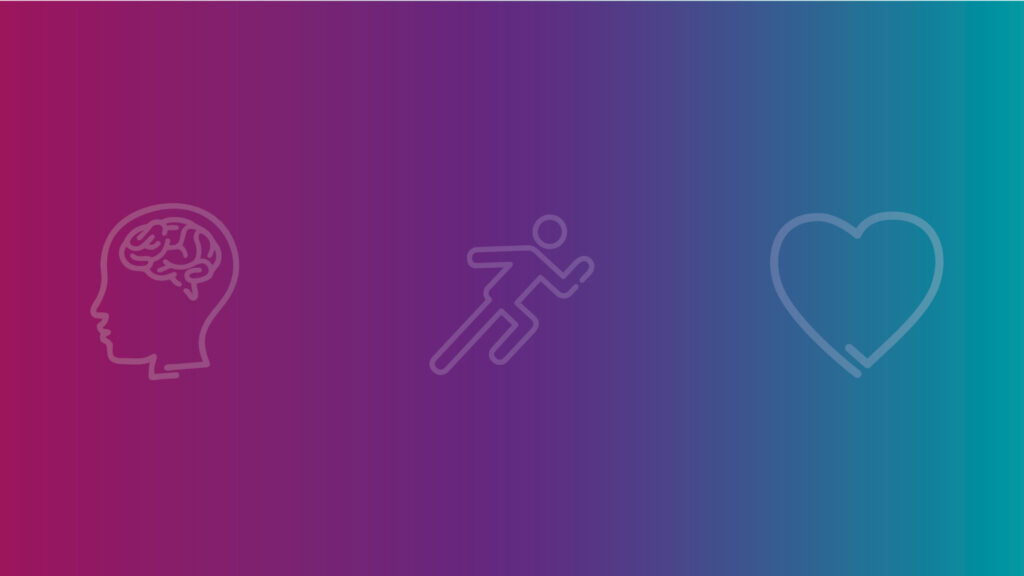Looking after your health at university

For many of you, this will be your first time living away from home. The following tips will help you get set up with the NHS at your new term-time address and ensure you are able to get the care you need if you are ever unwell.
Registering with a GP
If you spend more weeks of the year at your university address than your family’s address, you should register at the Medical Centre on campus.
This is particularly important if you have an ongoing health condition such as asthma, diabetes or epilepsy.
You can register with the Medical Centre online.
If you are unwell whilst at home, you can get 14 days of emergency care at your nearest GP. After that you will need to register as a temporary resident.
Using the pharmacy
You can get your prescriptions delivered to our on-campus pharmacy as well as purchase any over-the-counter medication you may need.
Our pharmacy is located in the Students’ Union, near the Subway and is open Mon-Fri, 9.30am-5.30pm.
Dentist
Dental problems cannot be dealt with by doctors, so make sure you register with a local dentist.
Not all treatment is free, even under the NHS. You may be able to apply for help with health costs, including prescriptions and dental care.
Get vaccinated
Covid vaccination
You’re now eligible for the Covid-19 vaccination. You can book to get your vaccine at one of our pop-up clinics on campus. Both UK based and international students can also book vaccinations through a GP or the NHS website. If you are an international student and you’ve had one dose of a Covid-19 vaccine in your country, contact your GP for advice on the appropriate second dose to book.
MenACWY vaccination
The MenACWY vaccine protects against four different causes of meningitis and septicaemia: meningococcal (Men) A, C, W and Y diseases. It replaces the separate Hib/MenC vaccine.
All first-time university students up to the age of 25 are eligible as part of the NHS vaccination programme.
Contact the GP you’re registered with to ask for the MenACWY vaccine, ideally before the start of the academic year.
This is because you’ll be at particularly high risk in the first weeks of term, when you’re likely to come into contact with many new people.
Mumps vaccination
You are also encouraged to be immunised against mumps before starting their studies.
The MMR vaccine (for mumps, measles and rubella) is part of the routine NHS childhood immunisation schedule. This means most young people who’ve grown up in England will have had two doses of it in childhood.
If you’re not sure you’ve had two doses of the MMR vaccination, ask your GP for a catch-up vaccination.
Flu jab
Get an annual flu vaccination if you have asthma and take inhaled steroids. You should also get a flu vaccination if you have a serious long-term condition such as kidney disease.
Using the 111 service
If you have an urgent care need use NHS 111 first. This service can be found online, on the NHS App or by calling 111 24 hours day, 7 days a week. If it is an emergency, please call 999.
The NHS 111 service can tell you where to get help for your symptoms, how to find general health information and advice, where to get an emergency supply of your prescribed medicine, and how to get a repeat prescription. You may also be referred to an in-person appointment or connected to a healthcare professional.
The NHS App
Not to be mistaken for the NHS Track and Trace app, the NHS App is owned and run by the NHS. It is a simple and secure way to access a range of NHS services on your smartphone or tablet.
You can link the app to your GP record so you can access your medicines, order repeat prescriptions and indicate whether you wish to donate your organs. It also shows your (COVID) vaccination status. If you don’t yet have it, you can download it from the App Store or Google Play.
Disabled Students’ Allowance (DSA)
As a higher education student living in England, you can apply for a Disabled Students’ Allowance (DSA) if you have a:
- disability
- long-term health condition
- mental health condition
- specific learning difficulty, such as dyslexia
The allowance is used to support your study related costs and can be used on its own or in addition to your student finance. How much you get depends on your individual needs (not your household income) but you do not need to pay it back.
The University also provides support for disabled students via the Student Wellbeing and Inclusivity Team.
Health and Wellbeing
Wellbeing means being in a positive physical, social and mental state. Wellbeing is important to us as happy, healthy people who achieve harmony in their work / life mix are more creative, productive and help to create a great place to work.